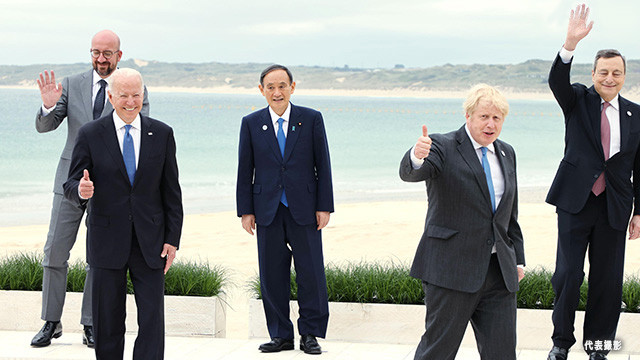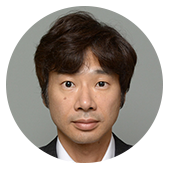In a communique issued after the summit in Cornwall, G7 leaders underscored the importance of peace and stability across the Taiwan Strait and called on Beijing to respect human rights in Xinjiang and Hong Kong.
According to Tanaka Hitoshi, Chairman of the Institute for International Strategy and a former Deputy Minister for Foreign Affairs, the hardline tone of the statement bears all the fingerprints of Washington, which hopes to maintain a confrontational approach to China.
Tanaka says the United States already had a strong alliance with Japan, Korea, and Australia that can curb China’s activities in the Indo-Pacific region, and now it appears to be bringing its European allies into the fold. “With the result of the summit, I think there is now sort of emerging a strong deterrence against activities in China,” he says.
Beijing quickly hit back at the G7 in a news conference on Tuesday. Chinese Foreign Ministry spokesperson Zhao Lijian called out the US specifically, saying the country was “very ill” and that the G7 should “take its pulse and come up with a prescription.”
While some analysts have described the current state of affairs as the start of a “new Cold War”, Tanaka says there is a crucial difference this time around: deep economic integration and interdependence.
“During the Cold War, we were able to separate the Eastern Bloc,” Tanaka says. “Economically, there was not much at all between the US and the Soviet Union. But today we have a huge amount of trade and investment relations with China. Not just Japan, but the United States and Europe as a whole. The United States currently is talking about the huge deficit it has with China.”
At the summit, Japanese Prime Minister Suga Yoshihide seemed largely in line with the adversarial approach to China. He conveyed concerns over Beijing’s maritime activities and human rights record on the second day of the meeting, saying they were not compatible with the values of the G7.
But despite this, Tanaka says Japan is in a unique position to ensure a measure of stability in the relationship between China and the G7, and possibly even encourage the leadership in Beijing to change.
“Japan knows a lot about China. We have fought but we also have a very long traditional relationship. I think the concept of an Asia-Pacific accommodating China and the United States would be a major vehicle for Japan to work for the sake of changing China.”

